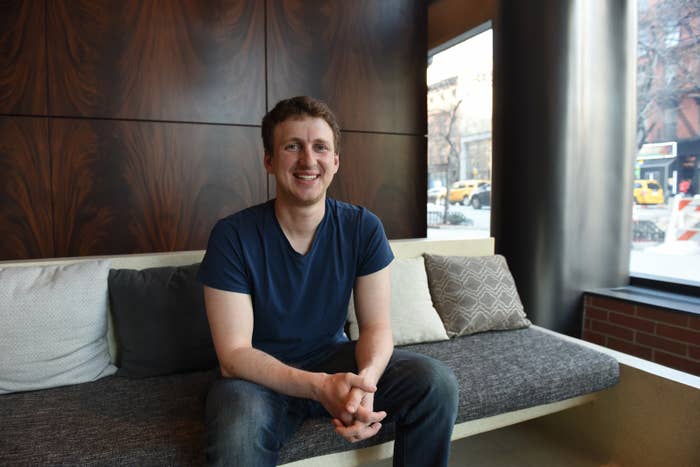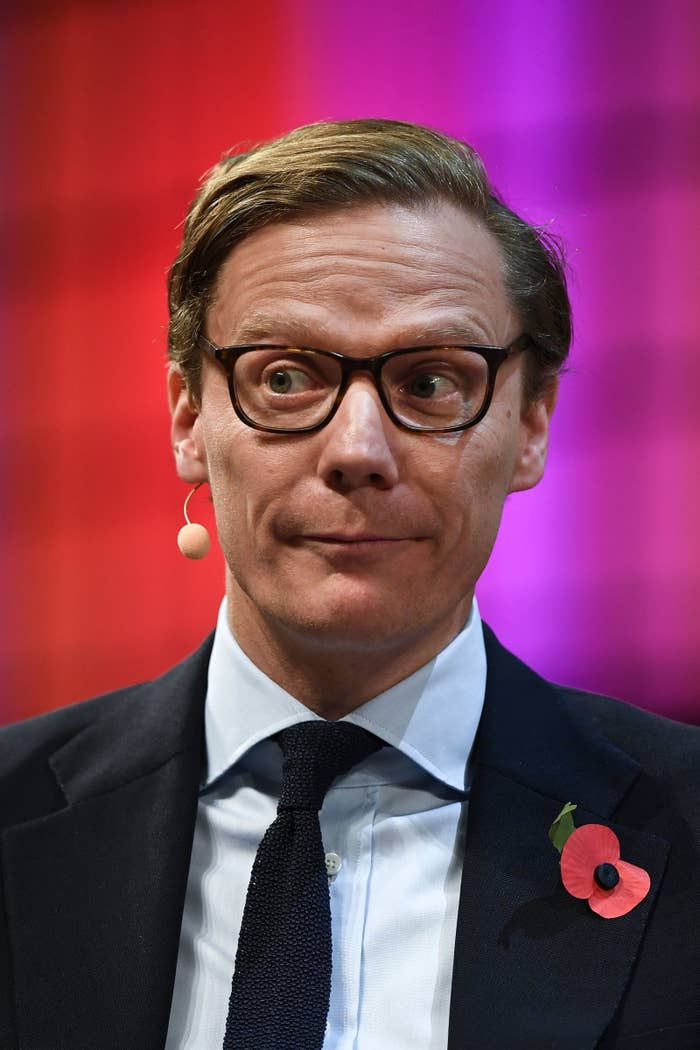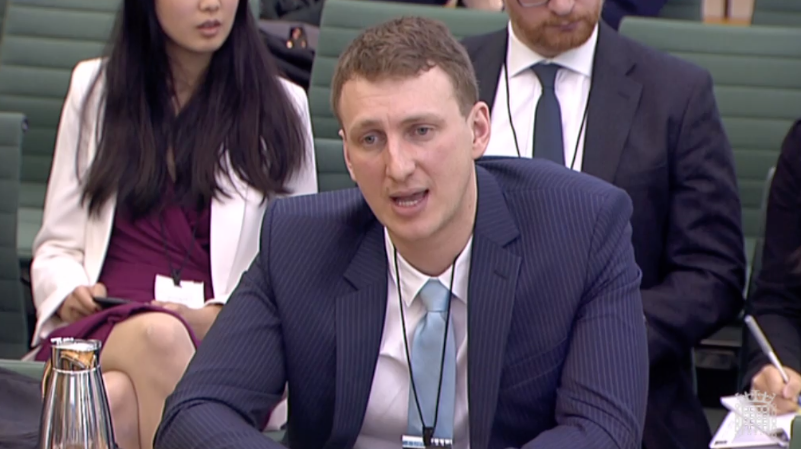
Suspended Cambridge Analytica CEO Alexander Nix lied to parliament over the company's use of Facebook data, according to the Cambridge University academic who obtained the profiles at the centre of a global scandal.
Aleksandr Kogan gave evidence to the UK Commons committee for digital culture, media, and sport on Tuesday.
He was the former head of Global Science Research (GSR) – the firm which harvested the tens of millions of Facebook profiles that were allegedly used in elections around the world by Cambridge Analytica without the users' consent.
He accused Nix of a "total fabrication" when it came to denying the links between Cambridge Analytica and GSR's data.

If Kogan's claims are true, Nix could be found in contempt of parliament.
The committee's chair Damian Collins read out parts of his question and answer session with Nix from February, with Kogan asked if the answers held up to scrutiny.
"I said to [Nix], does any of your data come from Global Science Research, and he said, 'no'," Collins said.
Kogan said, "That’s a fabrication." He went on to call a similar answer a "total fabrication".
Collins then asked, "As far as you’re concerned, [Nix] lied?"
Kogan replied, "Absolutely."
Last week, Nix refused to reappear before the select committee inquiry, citing the UK Information Commissioner's current investigation into Cambridge Analytica.
Collins said that what Nix told the committee in February — that Cambridge Analytica never received data from GSR — did not have "much credibility any more” given Kogan’s testimony on Tuesday, and other evidence produced in hearings with former Cambridge Analytica employee Christopher Wylie.
Collins told BuzzFeed News that the committee is requesting Nix come back for another hearing in light of the recent evidence.
“I think [Kogan] was really clear in his views on Alexander Nix’s evidence and believes that he worked with Cambridge Analytica and that he provided [the company] with a lot of data and information over time,” Collins said of the Cambridge University academic’s hearing.
Just a few hours after Kogan finished giving evidence in Westminster, Cambridge Analytica gave its first press conference since the scandal broke. Representatives from the company didn't appear. Instead, the press conference was fronted by PR fixer Clarence Mitchell.
"The company has been portrayed in some quarters as some Bond villain," Mitchell told reporters as he launched a new company website called cambridgefacts.com, which is aimed at countering some of the recent claims in the media.
"Cambridge Analytica is no Bond villain."
Mitchell also said Nix would front the fake news inquiry in the future, but had been given legal advice not to appear while the information committee's investigation was ongoing.
Questions about whether Nix lied to the UK parliament come after two Democratic members of the US House intelligence committee told BuzzFeed News that the embattled former CEO misled them over similar claims last year.

On Tuesday, Kogan's role in the Cambridge Analytica scandal was also in the spotlight. In interviews with BuzzFeed News last week, Kogan admitted he'd violated Facebook's written policies when he gave SCL Elections – Cambridge Analytica’s parent company – the data acquired through his app.
But today, Kogan questioned whether the terms of service were even valid, because, as he suggested, Facebook did not consistently "enforce" them against other developers who acquired similar data from the platform.
"I do not think they have a developer policy that is valid," Kogan said. "For you to break a policy it has to exist and really be their policy."
Kogan danced around the topic, prompting Labour MP Paul Farrelly to label him "a professor of semantics".
Collins was also surprised that Facebook had not been clearer on its relationship with Kogan, who the company provided with aggregated data sets for research as early as 2013.
Given the committee’s discussion with Facebook UK policy director Simon Milner in Washington in February, Collins said the company had “not been straight” in providing answers on data use or retention.
The committee head also said the narrative led to Kogan being “singled out” in the examination of how third parties obtained and used information on users of the social network.
“For Alexander Kogan to say that he was given aggregated, macro-level data by Facebook to work with and no real terms and conditions for how you work with it … suggests that policies were a lot looser than the company had let on,” said Collins.
Facebook's chief technology officer Mike Schroepfer will appear before the Committee inquiry on Thursday, with the executive in for a rougher time in light of the recent revelations about the tech giant.

